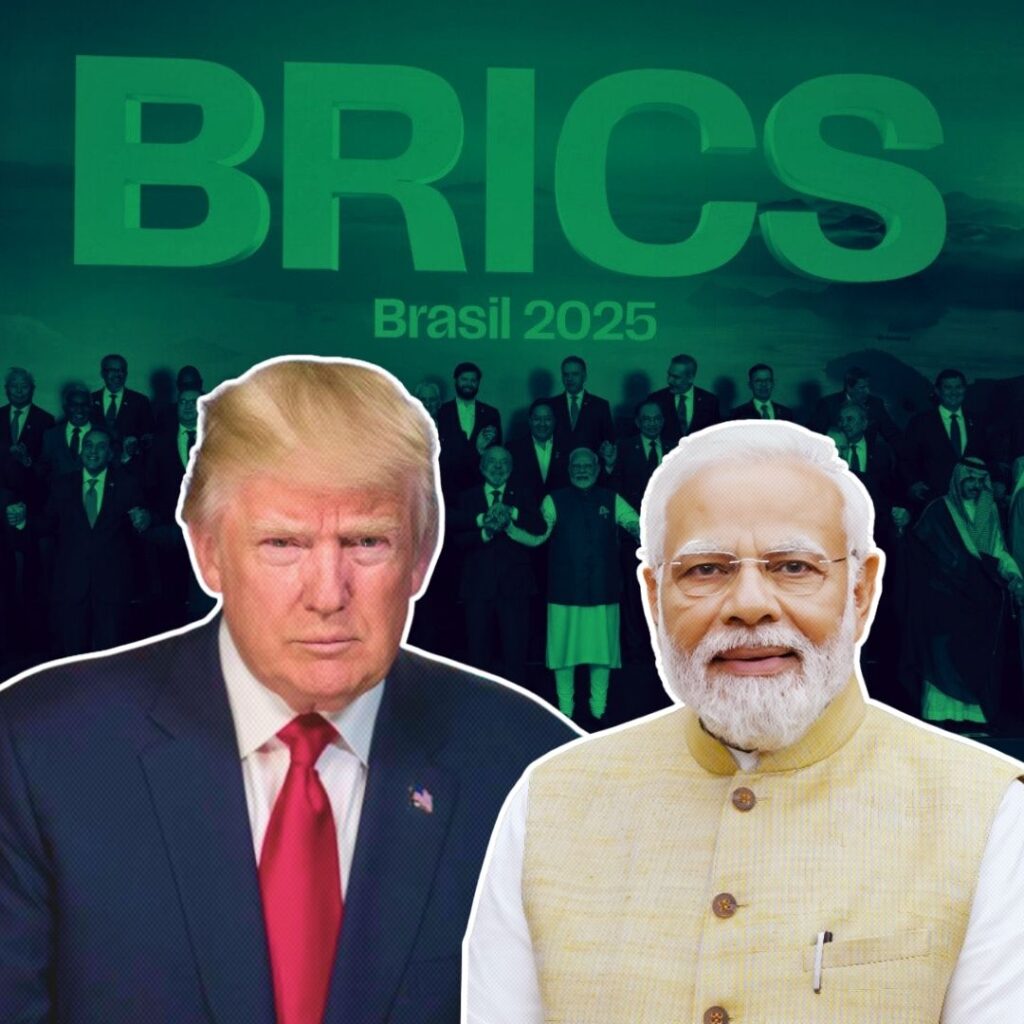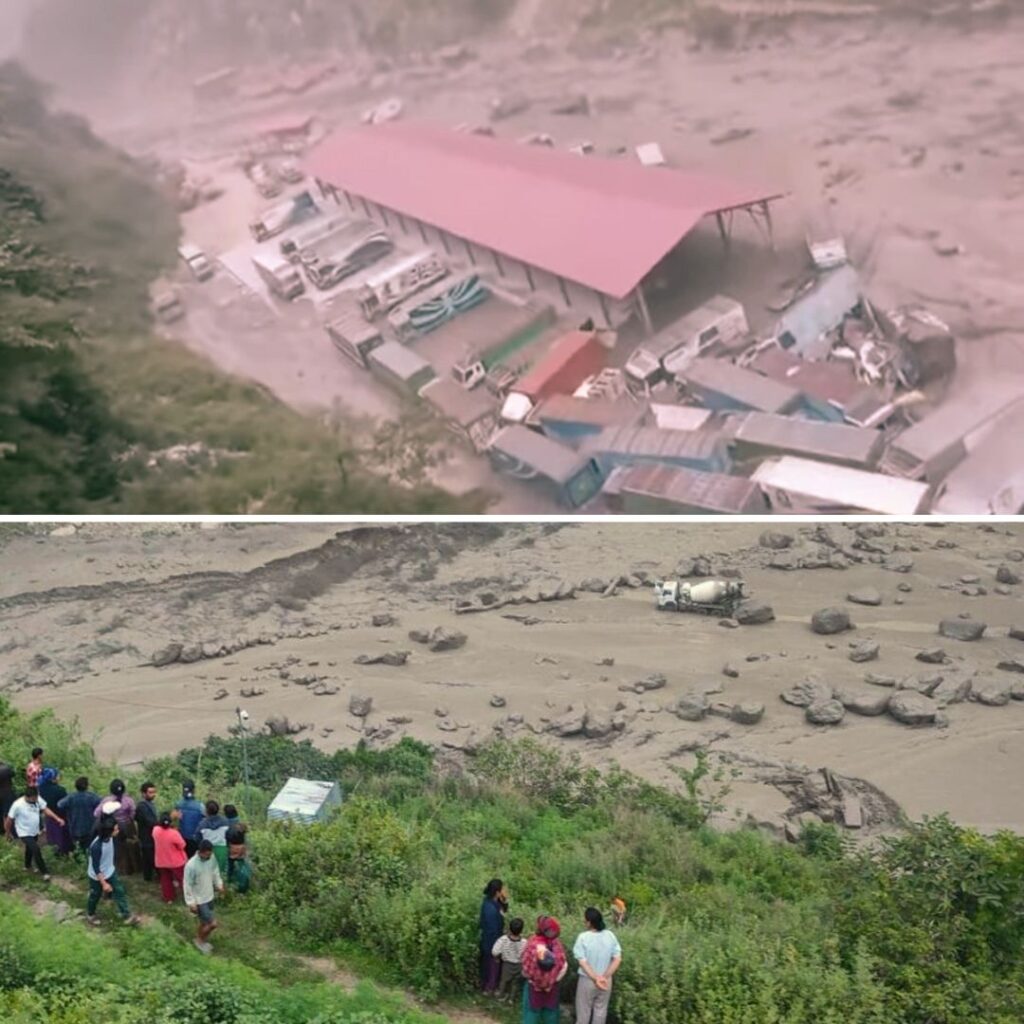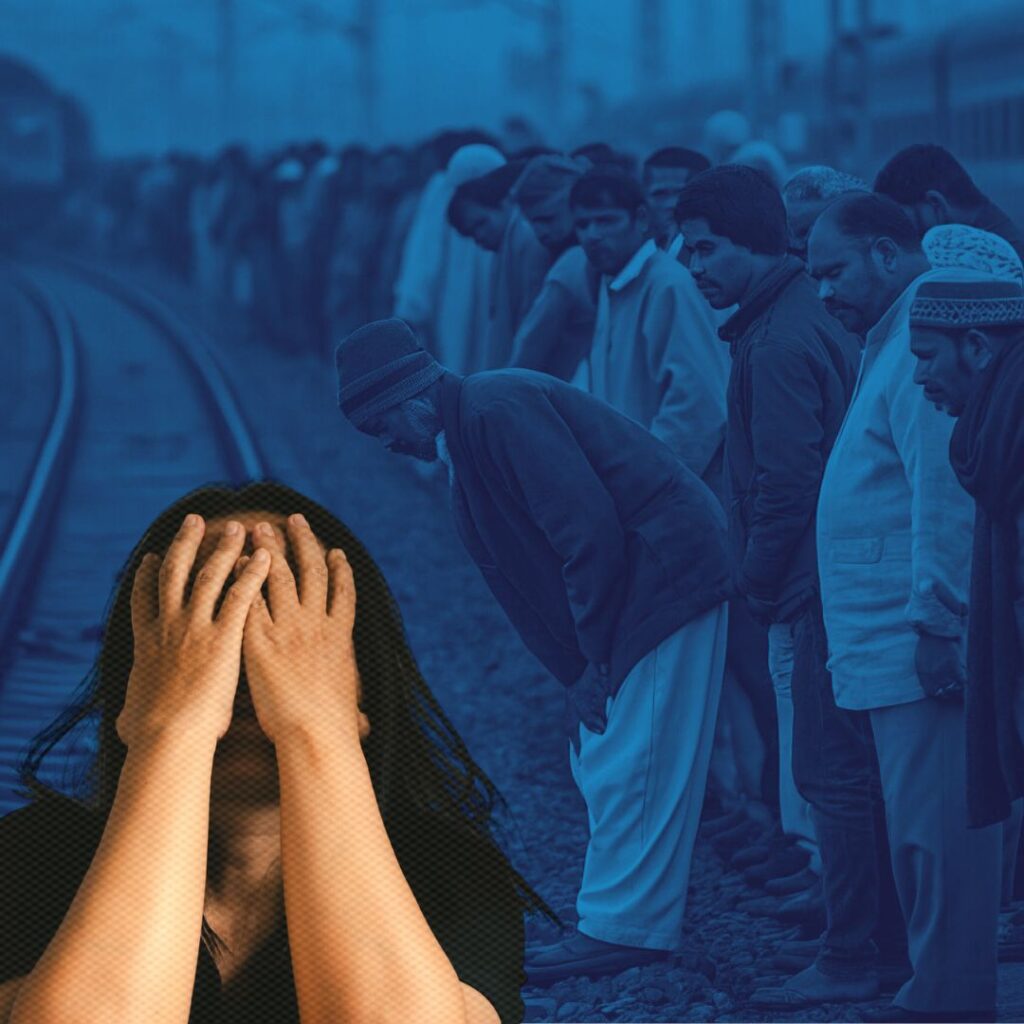Seven years ago, Sunil Kumar, a doctor from North Karnataka, was driving on Bengaluru’s busy Hosur Road when he came upon an accident scene. The injured person was left bleeding on the road without any medical attention. Nobody came forward to help the victim. Dr. Kumar, who was travelling with his first aid kit, stopped and provided the victim with the necessary care.
“This incident had a very deep impact on me�?, he told The Logical Indian. “I realized that there are many such people who need such medical attention and are not getting the same at the right time. That is when i decided to dedicate my time to service of people who lack access to even the basic health facilities. This motivated me to start the NGO and provide free healthcare to people.�?
Dr. Kumar’s NGO – Matru Siri Grameena Abhivrudhi Yuva Samsthe
Dr. Kumar says his NGO has benefited over 30,000 people, boasts of over 600 dedicated volunteers, and has organised nearly 700 medical camps in the past few years – all in the name of making healthcare in India more affordable and more inclusive.
When we asked Dr. Kumar about what he deems is his NGO’s biggest achievement, he points to the awareness his team has raised. “The most important impact was that most people did not know what their actual health problem was because earlier they used to neglect the problem or do self-medication and then wait for it to recover. After our camps they became aware of what their actual problem was and got the right medication at a low cost. Also this had an impact on their income as they were more healthy and would be more effective at work and also did not miss work on any day due to illness.�?
Challenges faced
No journey can be successful without obstacles. The three major problems Dr. Kumar and his team faced over the course of their journey included shortage of medicines, transportation expenses, and funding for medical equipments.
“The first problem I faced was gathering volunteers who had the same bent of mind,�? Dr. Kumar said. “We started with a team of doctors who were my close friends and relentlessly pursued the camps despite lack of resources. Soon, word spread about us and many others joined us in this noble initiative.�?
Aspirations
We asked Dr. Kumar about his future plans. He said, “We intend to reach larger areas around Bengaluru and neighbouring villages. Maybe after some years we could cover the whole state of Karnataka.�?
Recently, Dr. Kumar’s NGO began a new initiative called “Gift of Service�?. This offers an opportunity for people to sponsor a medical camp at any old age home or a slum to mark special days such as birthdays, or anniversaries. “I request you to start similar initiatives around your areas or inform us so that we can conduct the camps there.�?
If readers are interested in volunteering in the NGO’s medical camps, they can email Dr. Sunil Kumar at this address: [email protected]
Healthcare in India
Healthcare in India is a pressing issue. It is a crisis-in-the-making. At the same time, it is not a part of popular political rhetoric; it has not been a prominent aspect of public debate for years.
India’s healthcare system remains backwards and insufficient, with private providers being the dominant force and no solid program for a universal healthcare system in sight. Spending on health care increased from about 3.5% to 5% in the period between 1988 and 2002. In countries like the United States and the United Kingdom, healthcare accounts for more than 18% of the GDP.
Health spending as a proportion of total government recurrent spending fell from 4.5% in 1985–86 to 3.3% in 2004–05. It is currently hovering around 5% and is still as insufficient as ever. Moreover, healthcare in India is severely divided along the lines of income and urbanisation.
So why is healthcare not a major part of political rhetoric? Partly because the other issues that India faces like government corruption, border disputes, religious tensions etc. make universal healthcare seem less important. Also, interest payments and entitlement liabilities have greatly constrained the government’s fiscal capacity to fund social programs such as healthcare. The economic crises India faced in the early 1990s also led Indian policymakers to place a high priority on economic growth.
Sunil Kumar has been campaigning for years to make healthcare more affordable and universal in India. According to him, “Healthcare is basic fundamental right and not a privilege. Hence, as a solution to provide free or low cost medical help to people from economically backward class I started this NGO. We conduct medical camps regularly every week. We adopt government schools, old age homes, slums and construction sites and provide help to the local community. We also provide first aid training, awareness about organ donation, and health talks.�?
Providing healthcare to every Indian, rich and poor, urban and rural, is the need of the hour, and the…











